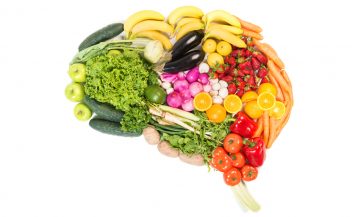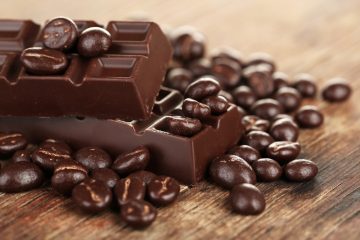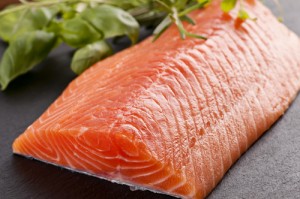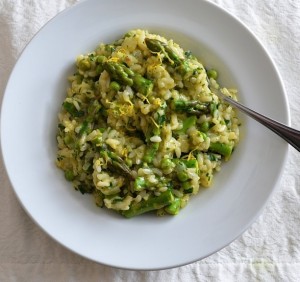5 Foods that Can Improve Your Cognitive Function
 by Ryan Nelson
by Ryan Nelson
 Memory loss is one of the most feared consequences of aging. While some memory loss is normal, diseases like Alzheimer’s and Parkinson’s can be devastating to both the victims of these diseases and their families.
Memory loss is one of the most feared consequences of aging. While some memory loss is normal, diseases like Alzheimer’s and Parkinson’s can be devastating to both the victims of these diseases and their families.
Alzheimer’s disease is the most common form of dementia, comprising 60 to 80 percent of cases. There is no cure for dementia, Alzheimer’s disease, Parkinson’s disease or other cognitive function impairments in the elderly, but some research shows that there are some things that can be done to lower the risk of developing these conditions. Continual improvement and exercise of the brain will help the elderly stay sharp. And exercise of the body is always good to help the physical health of the elderly. One of the most important things that can be done is to add certain foods to the diet that help to lower the risk of cognitive impairment as we age. Here are five foods that improve cognitive function in the elderly.
Dark Chocolate
Cocoa contains flavonoids, which increase blood flow to the brain. Some dementias and stroke are caused by reduced blood flow and decreased oxygen to portions of the brain. Dark chocolate should contain at least 70 percent cocoa for the maximum therapeutic benefit. Look for dark chocolate which contains little sugar and other high fat additives, which can negate the maximum health benefit.
Clams
Elderly populations with low vitamin B12 levels have been shown to have four times the risk of Alzheimer’s disease than those with normal levels. A 100 gram serving of clams contains over 1000 percent of the recommended daily allowance of vitamin B12. For those who dislike clams, other shellfish with high amounts of vitamin B12 include oysters, fish, shrimp, scallops, mussels, and liver.
 Red Wine
Red Wine
Like dark chocolate, red wine contains a high level of flavonoids. Unfortunately, excessive alcohol use can contribute to dementia and other serious health issues. Because red wine also contains alcohol, experts recommend no more than one to two glasses per day. It is also important to remember not to drive or do anything that may be hindered by impaired mental faculties immediately after consuming red wine.
Asparagus
Folate deficiency has been shown to contribute to dementia. Even those who are not technically deficient in folate, but had lower levels of folate are at an increased risk of dementia. One cup of asparagus contains 66 percent of the recommended daily value of folate. This makes it a smart addition to any diet.
 Wild Salmon
Wild Salmon
Wild salmon is an excellent addition to the weekly diet to help stave off Alzheimer’s disease and dementia. One study found that individuals who consumed three servings of oily fish, like wild salmon, had nearly a 50 percent lower risk of Alzheimer’s disease and dementia. Salmon contains omega-3 fatty acids and vitamins D and B12 which help prevent cognitive impairment. Wild salmon contains more of these essential nutrients than farm raised salmon. Wild salmon also contains less toxins than farm raised salmon.
Cognitive function is important as we age. Diseases like Alzheimer’s, Parkinson’s and dementia severely limit the cognitive function in the elderly. Adding foods to the diet that lower the risk of these diseases in addition to a healthy lifestyle is an easy way to help reduce the incidence of these devastating diseases.
Talk to Your Hunk About His Junk

Pan-Seared Scallops with Lemon Viniagrette

Is Chocolate Really Good for You?




Seared Salmon with Soy & Ginger




















